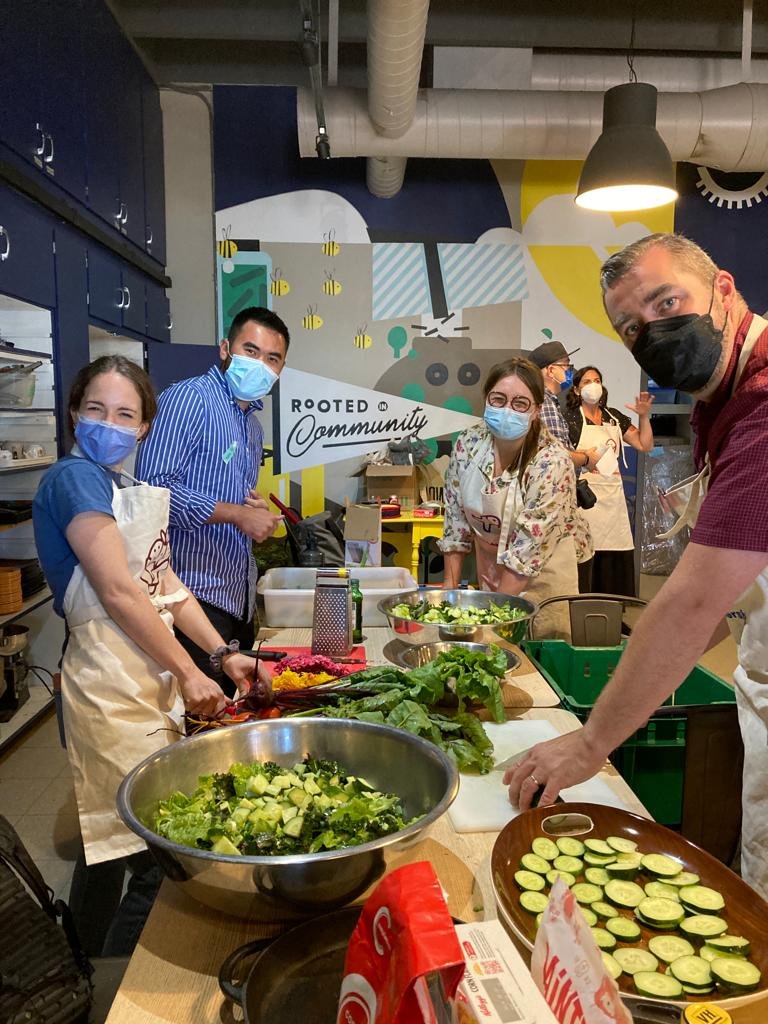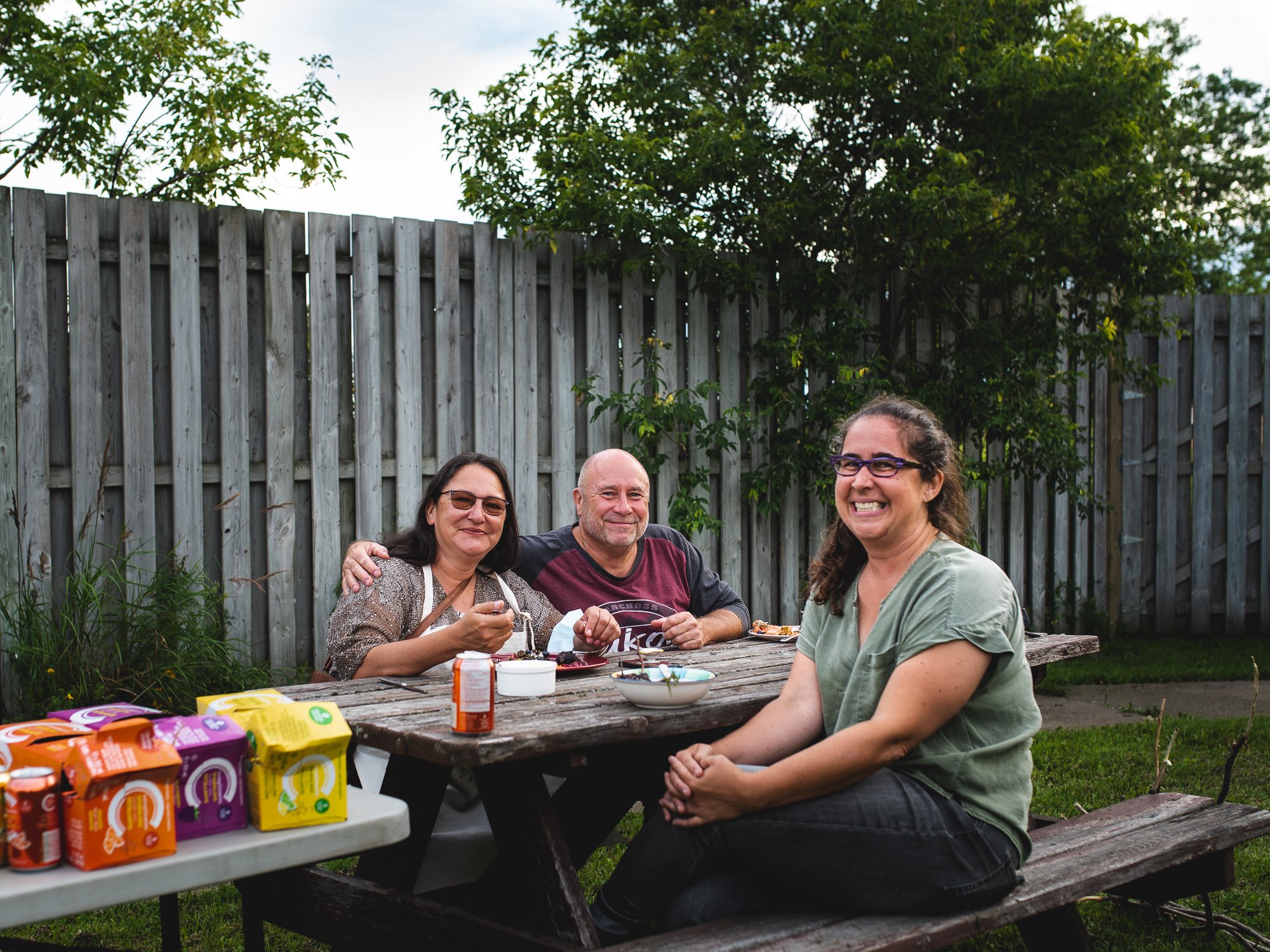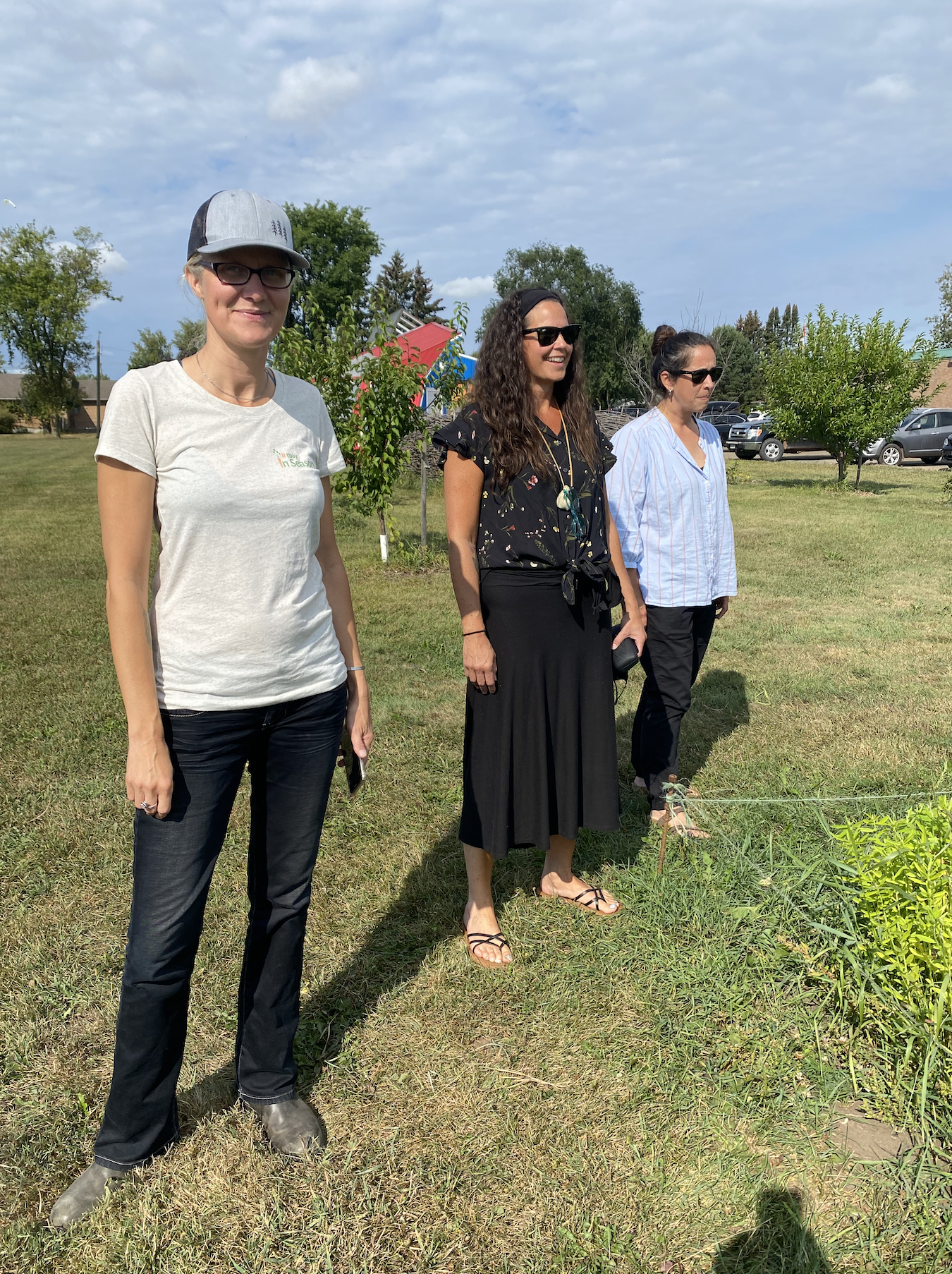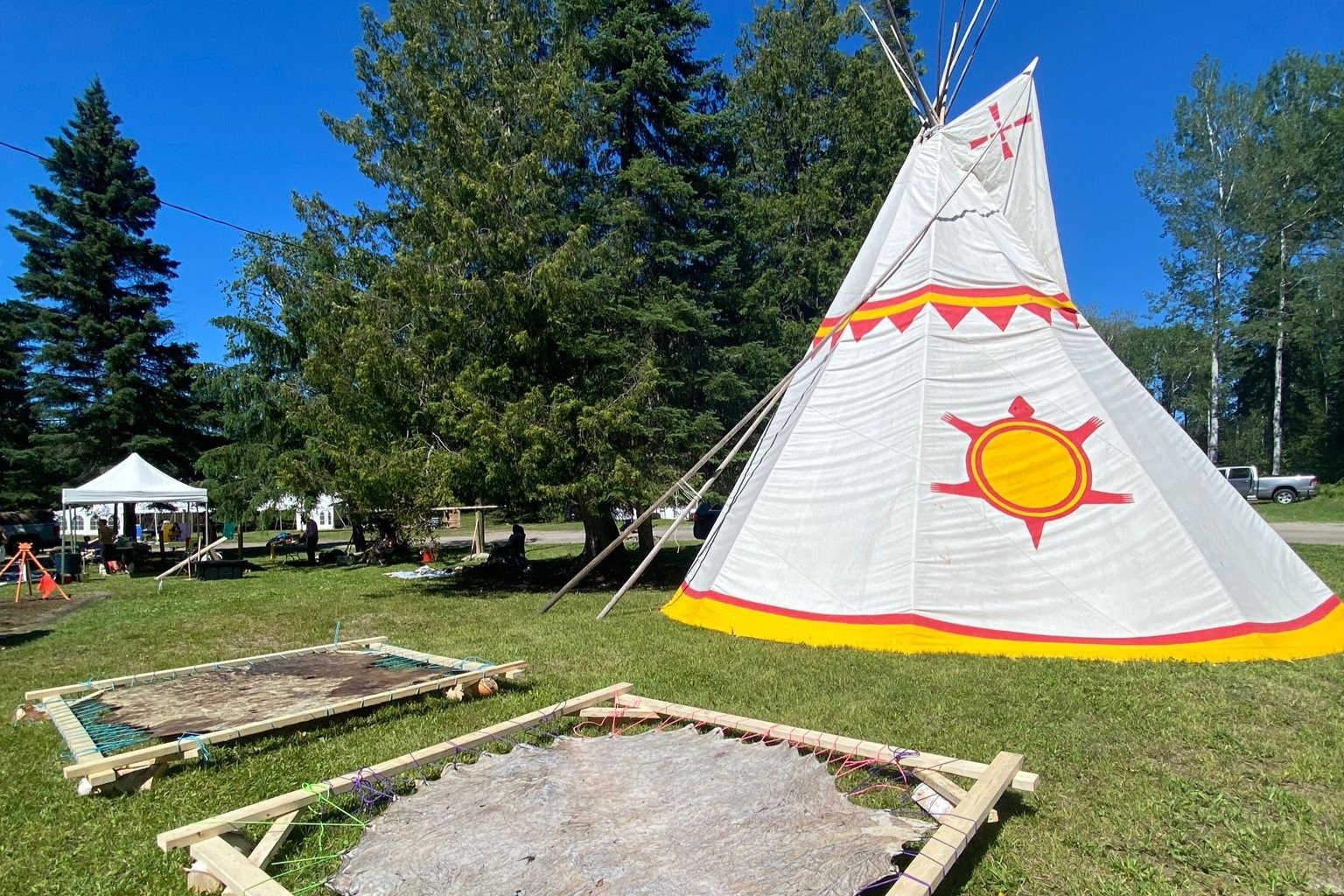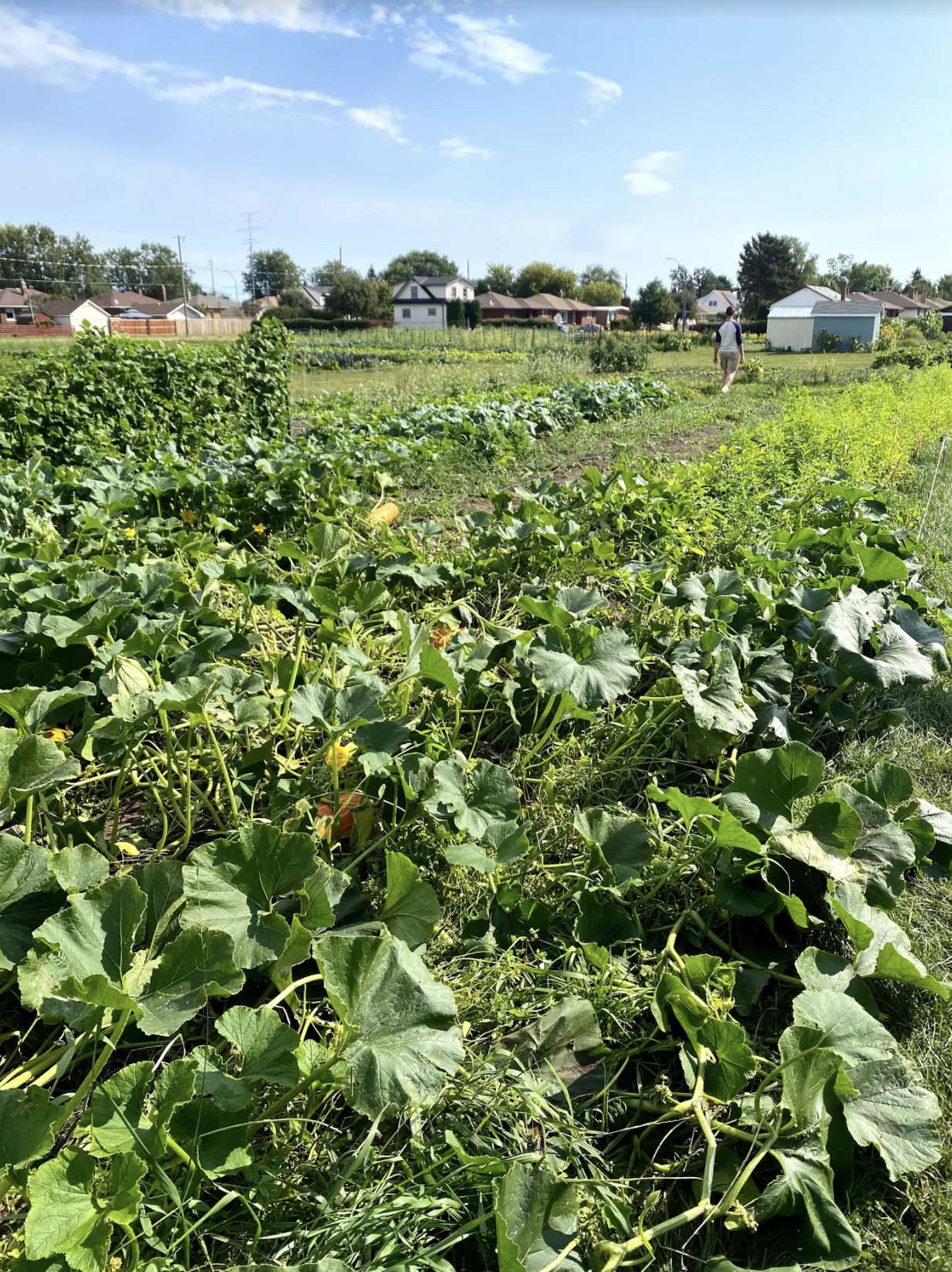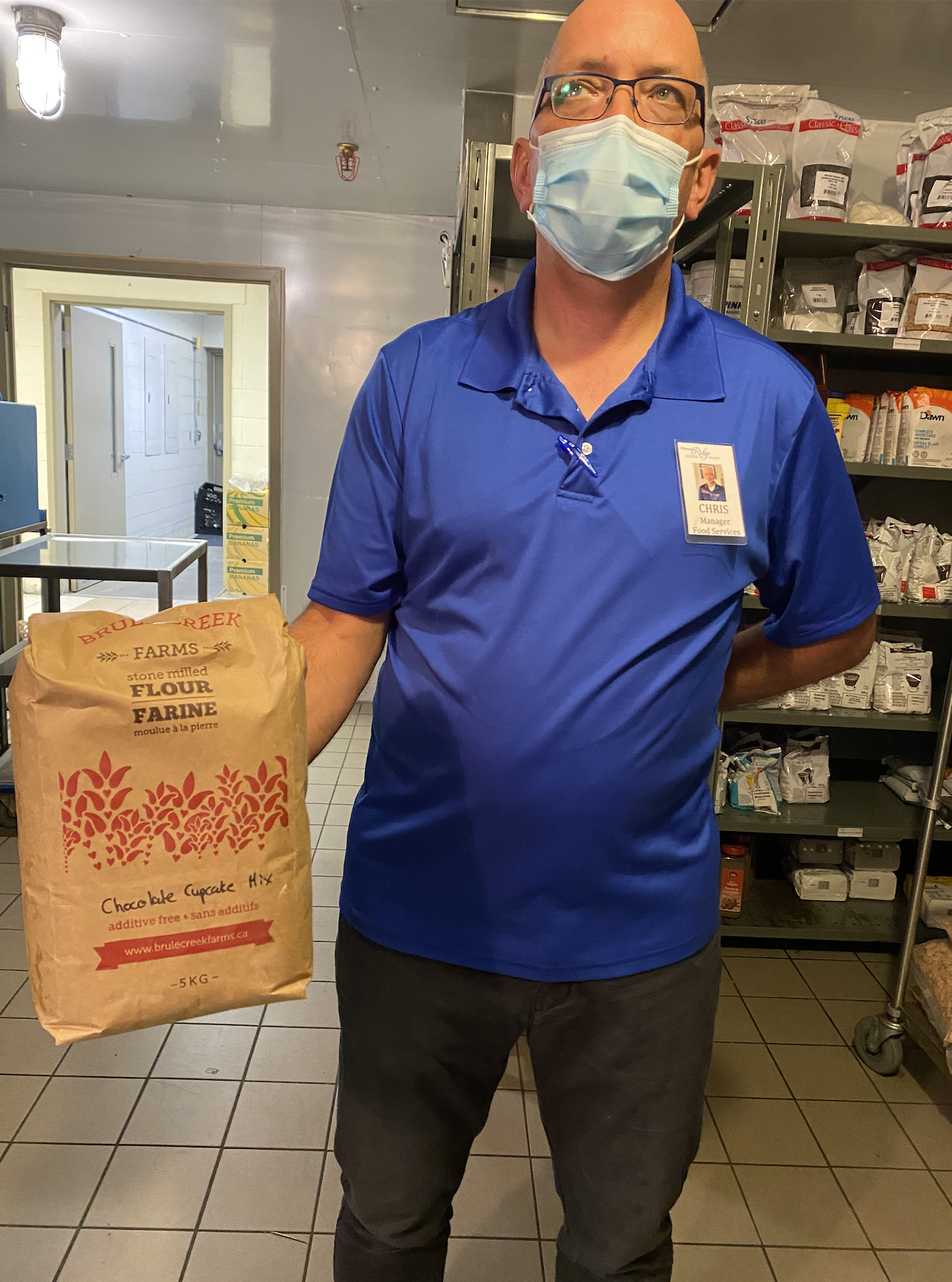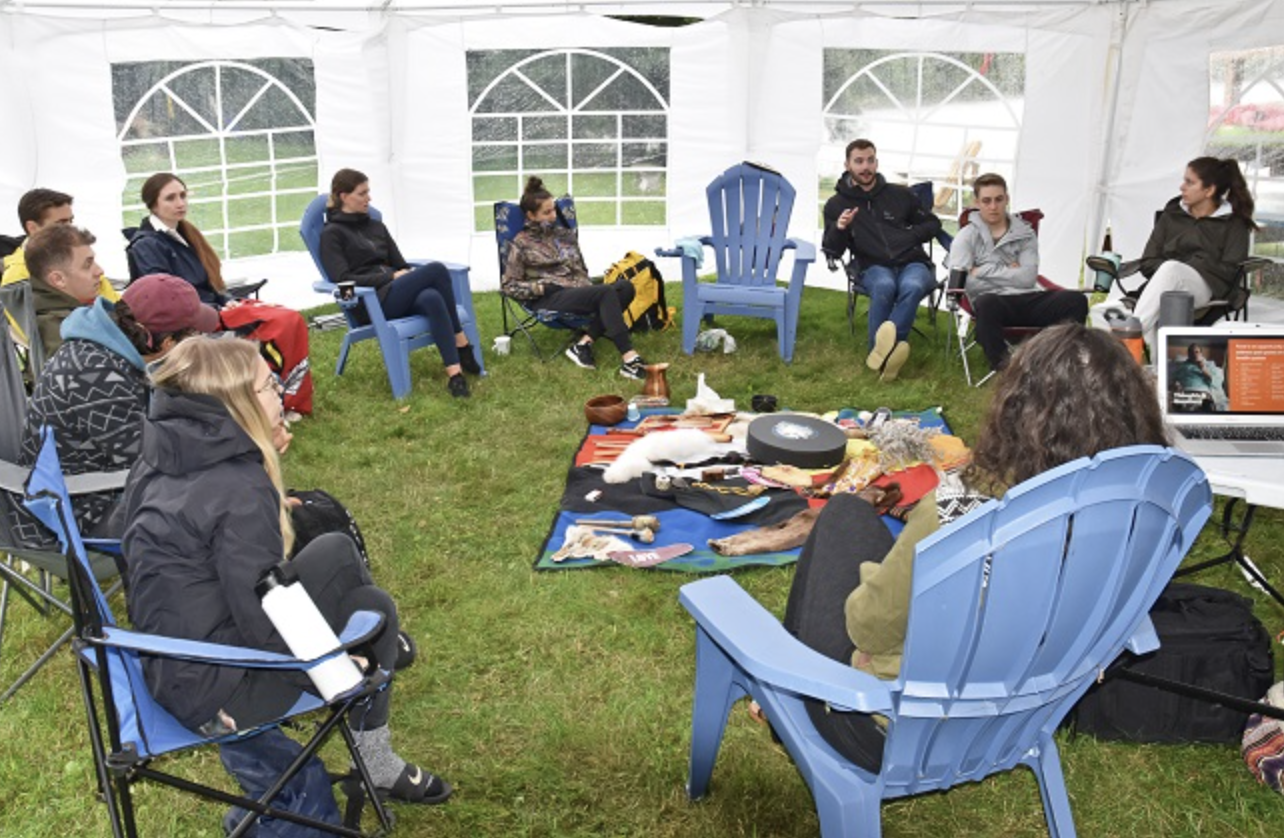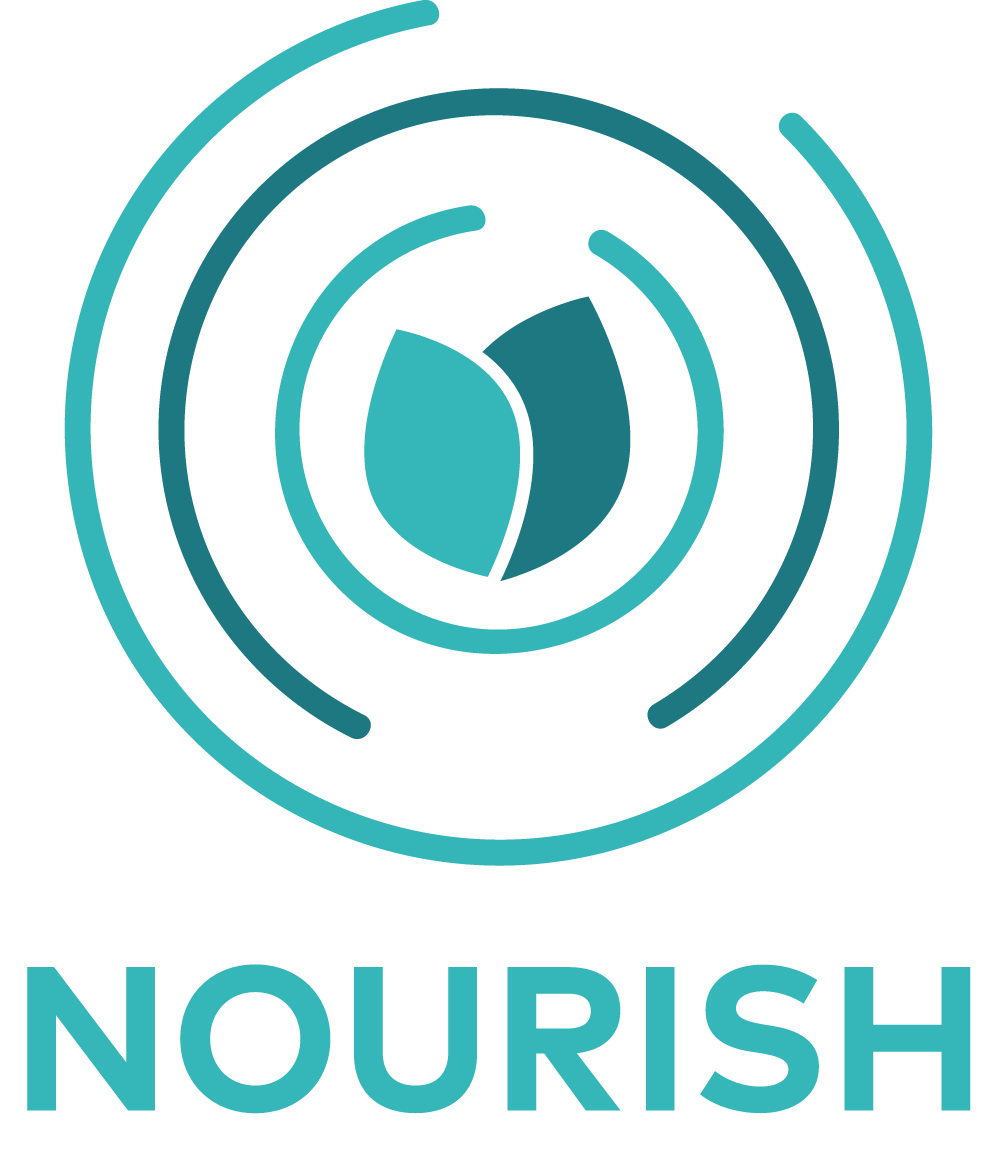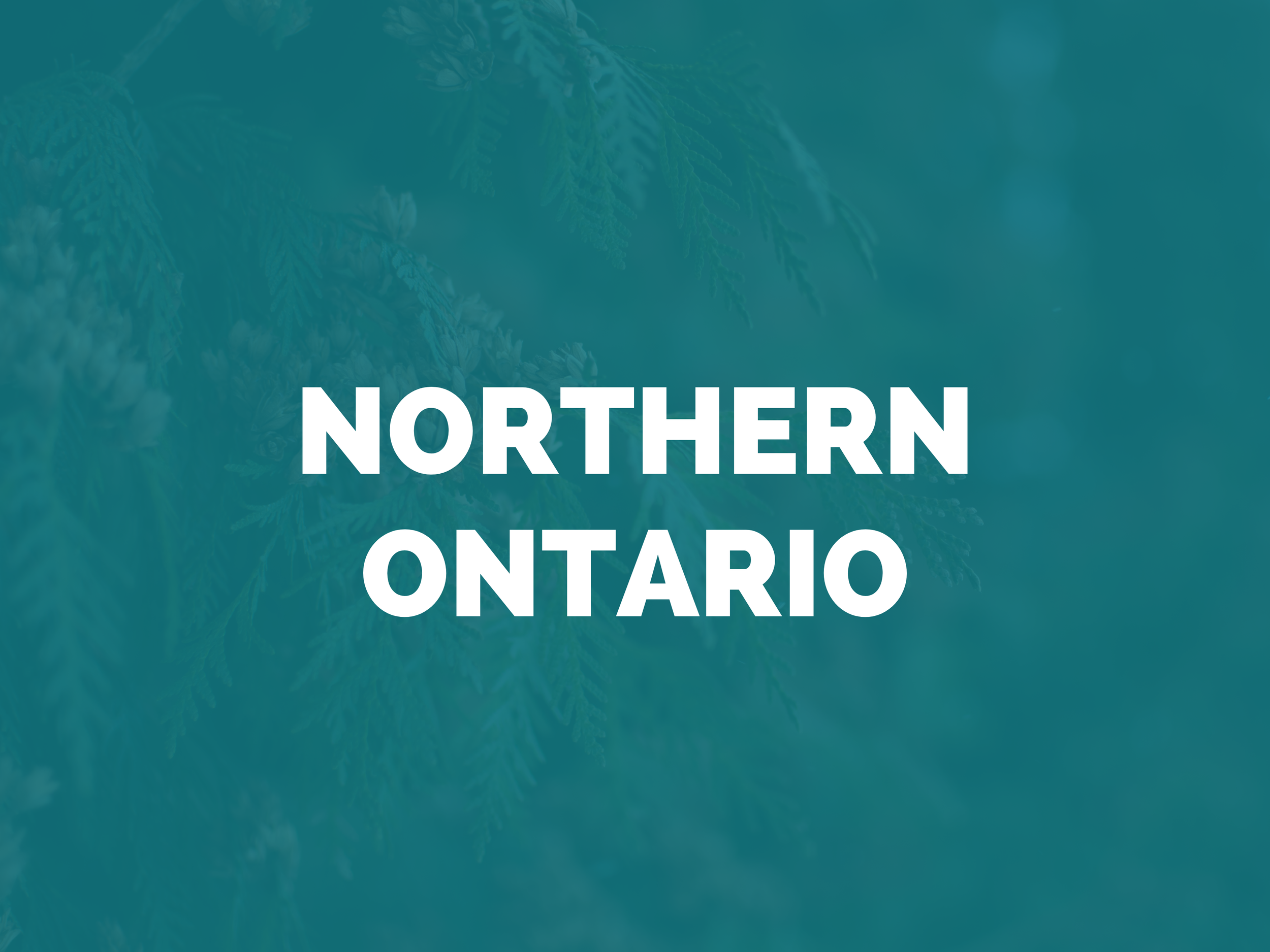Anchor Cohort teams are place-based teams made up of health care institutions taking a whole-of-hospital or health authority approach to working with their communities to experiment with opportunities around food as an upstream determinant of health.
NORTHERN ONTARIO: Northern Ontario School of Medicine & Gaagige Zaagibigaa
In Northern Ontario, a lack of Indigenous food sovereignty and access to traditional foods is compounded by food insecurity, leading to negative health outcomes. Led by a partnership between Northern Ontario School of Medicine (NOSM) and the Gaagige Zaagibigaa, this collaborative aimed to work upstream, training medical students with a food systems approach, while working with partners across the region to encourage procurement of local and traditional foods.
Currently, medical curricula includes meagre training on nutrition and social determinants of health, "including food insecurity, and their real-world impacts on people in the region." NOSM has already been championing a more comprehensive approach in their teaching, and their participation in the Cohort aimed to anchor lasting change for graduates in their area, shaping the future of medicine. Dr. Joseph Leblanc, the Associate Dean of Equity & Inclusion, and Assistant Professor of Indigenous Health, supported this team, writing that they are committed to tackling the wicked problem "through love, sharing, collaboration, collective learning, and coordinated actions."
Recognizing that systemic problems require a multifaceted approach, this team looked for "sustainable, long-term solutions to improve Indigenous food sovereignty" across the Northern Ontario region. Their vision is a future where food is central to health and wellbeing in their communities, reflected in medical education, health care training, public health policies, and health care settings.
Reach:
This team worked in an area that included urban, rural, and remote communities, serving a population of ~800,000 residents. Focusing on Indigenous food sovereignty, they were grounded in a participatory, Indigenous-led approach. In addition, NOSM provides training in more than 90 communities across the region, uniquely positioning it to influence the clinicians of tomorrow through medical education.
The Northern Ontario team worked on:
Read the final Northern Ontario Anchor Team Impact Report here.
A transformed approach to health care and wellness, as defined by place and culture in Northern Ontario
Convening champions and disruptors to build coalitions
Developing a collection of case studies and research as a tool for advocacy, ultimately leading to the publication of a book on Indigenous food sovereignty to train medical learners
This fits into the following Food for Health Levers from Nourish:
-
• Jessica McLaughlin, Project Coordinator, Gaagige Zaagibigaa
• Alexander Boulet, Gaagige Zaagibigaa
• Karen Kerk, Coordinator, Thunder Bay & Area Food Strategy
• Dan Munshaw, Manager of Supply Management, City of Thunder Bay
-
• Joseph Leblanc, Associate Dean, Equity & Inclusion, Northern Ontario School of Medicine
• Desiree Savoie, Executive Assistant, Northern Ontario School of Medicine
• Denise Raftis, Dietetic Educator, Northern Ontario School of Medicine
• Erin Cameron, Researcher, Northern Ontario School of Medicine
-
• Jessica Love, Registered dietitian, North Bay Parry Sound District Health Unit (NBPSDHU)
• Robert Smith, Family Nutrition Specialist, Sioux Lookout First Nations Health Authority
• Vincent Ng, Public Health Nutritionist, Thunder Bay District Health Unit
